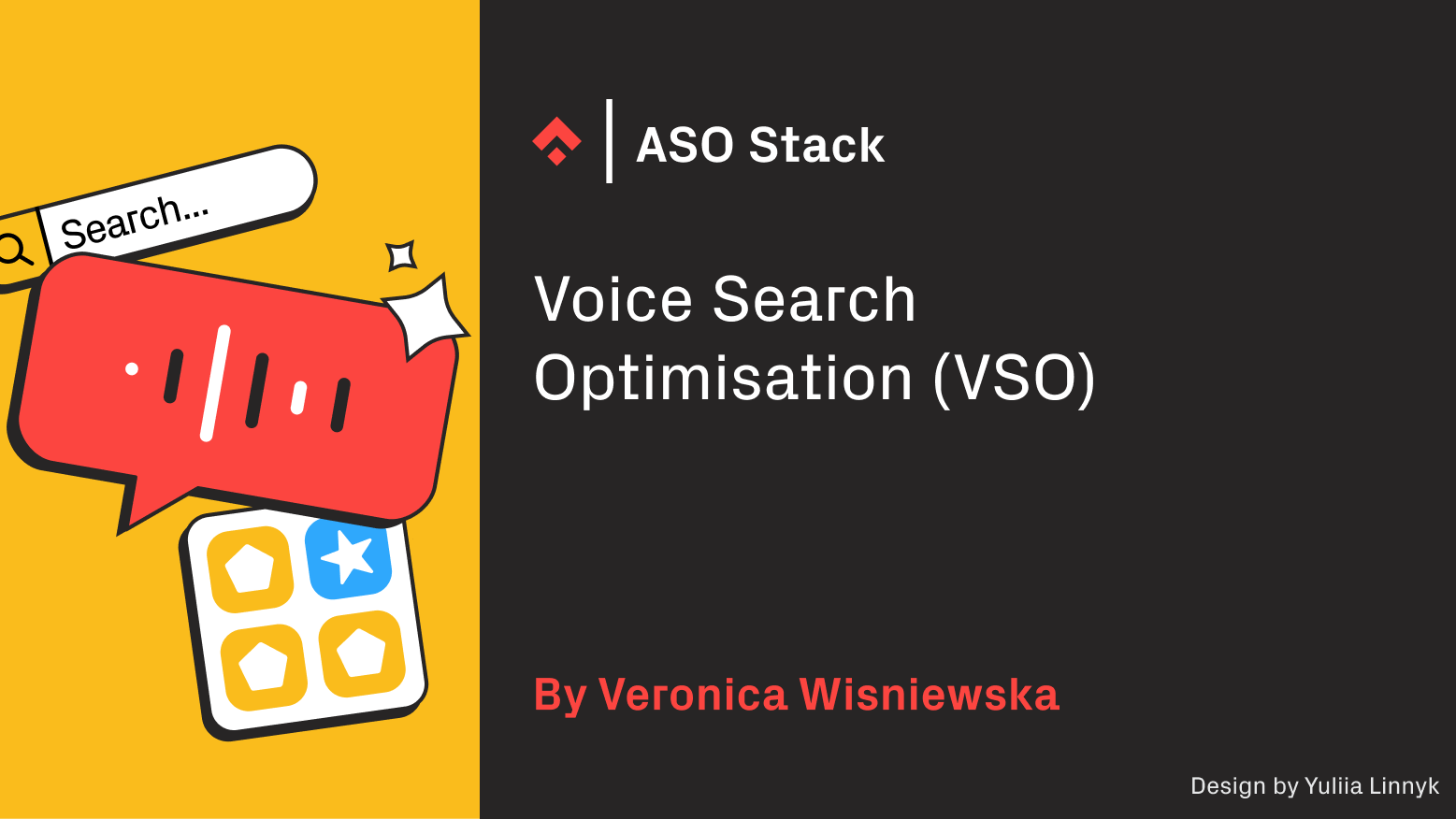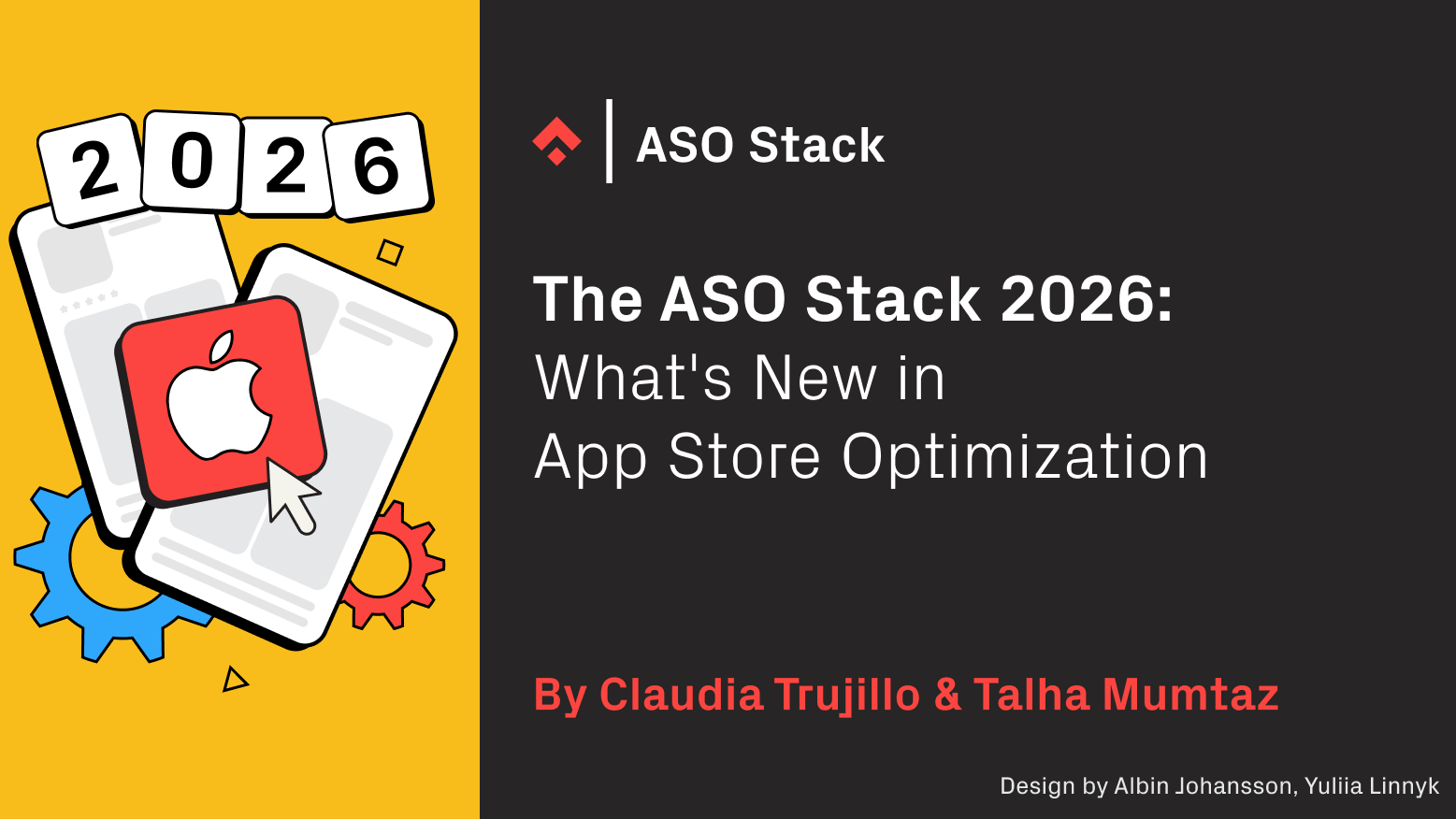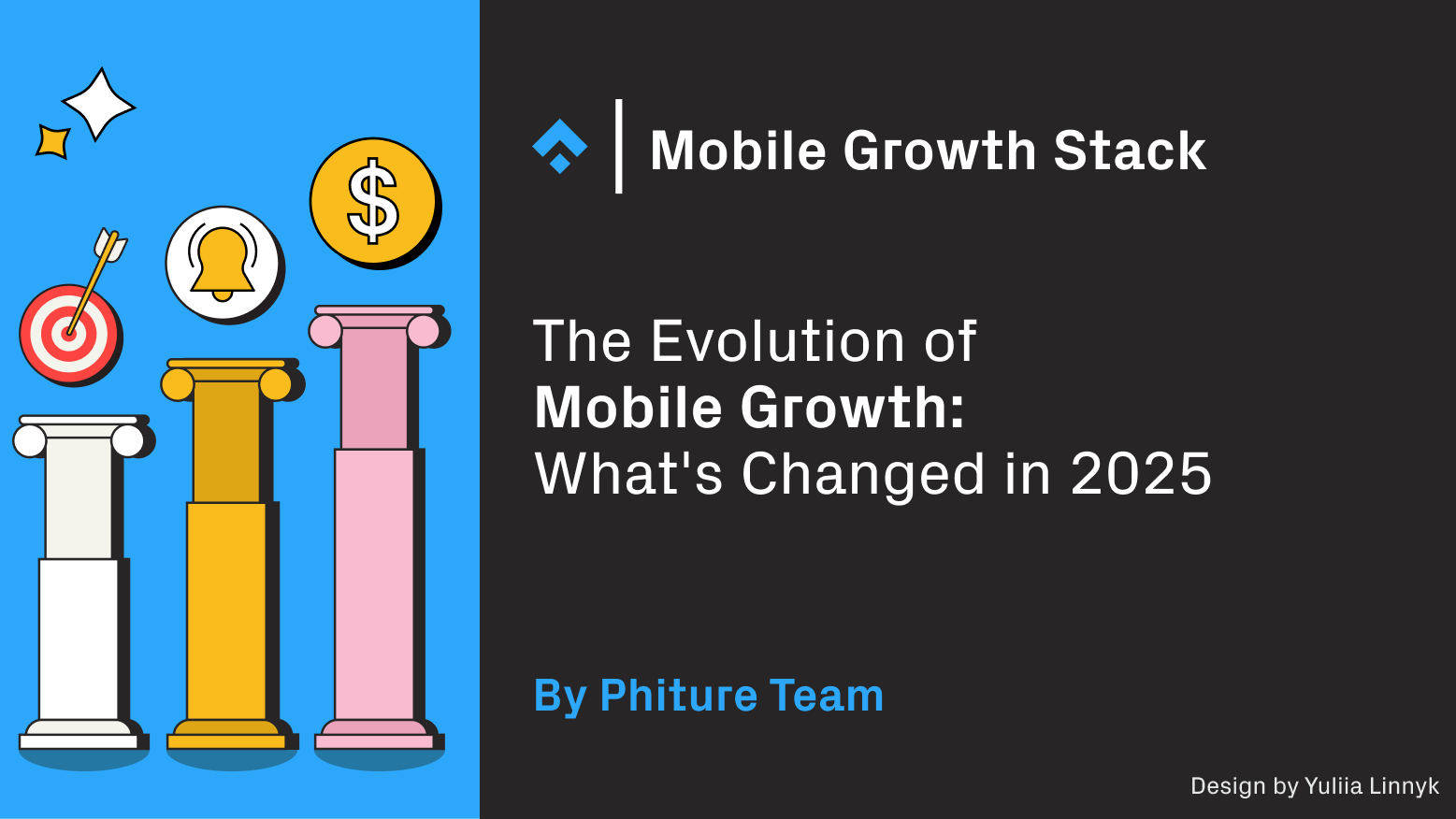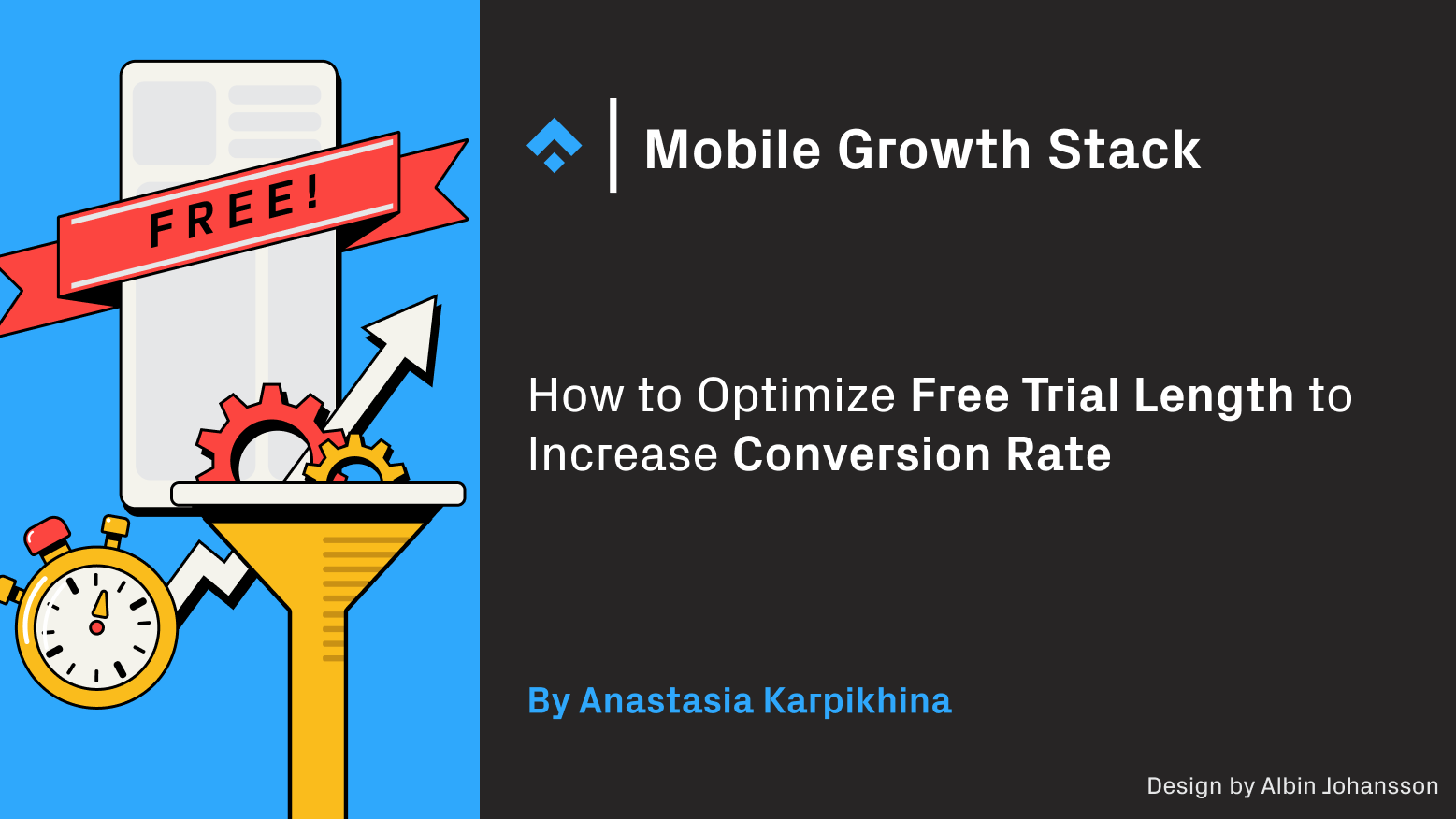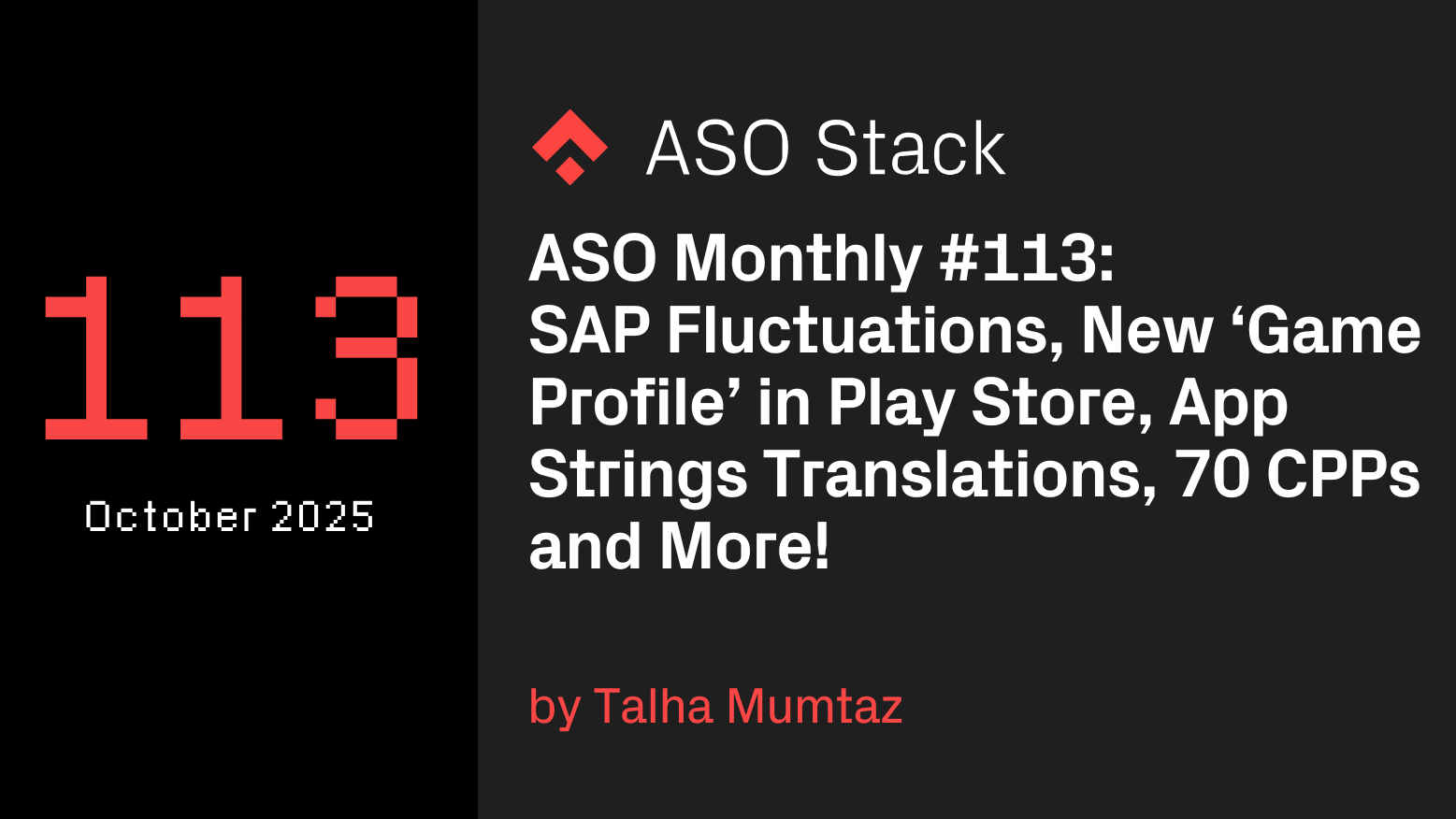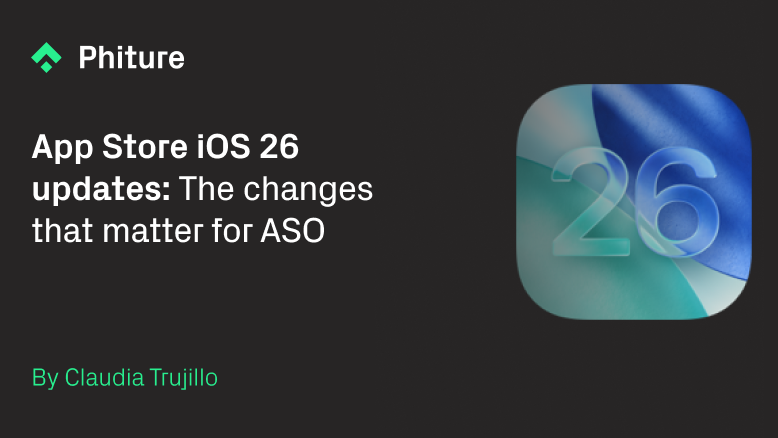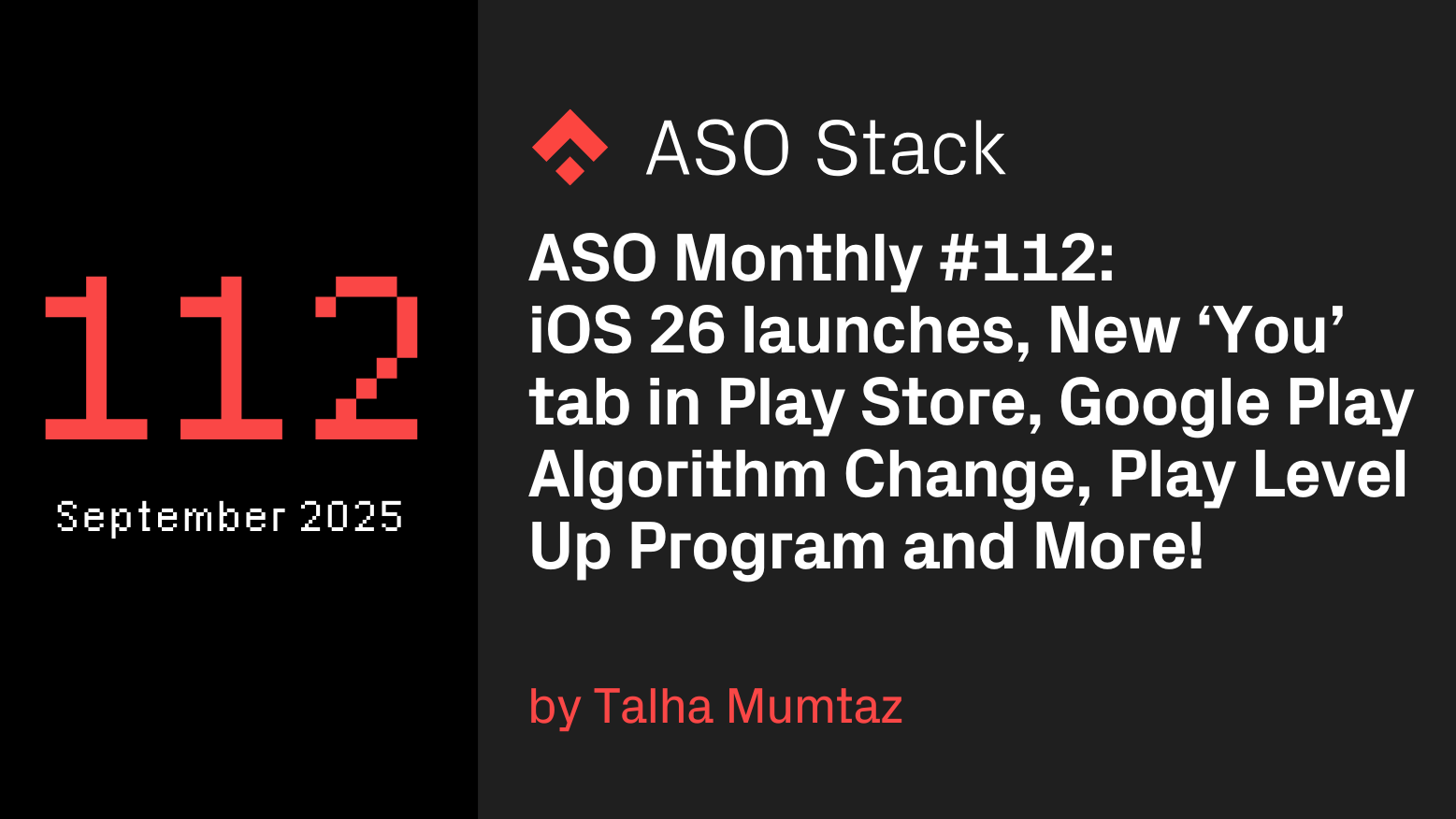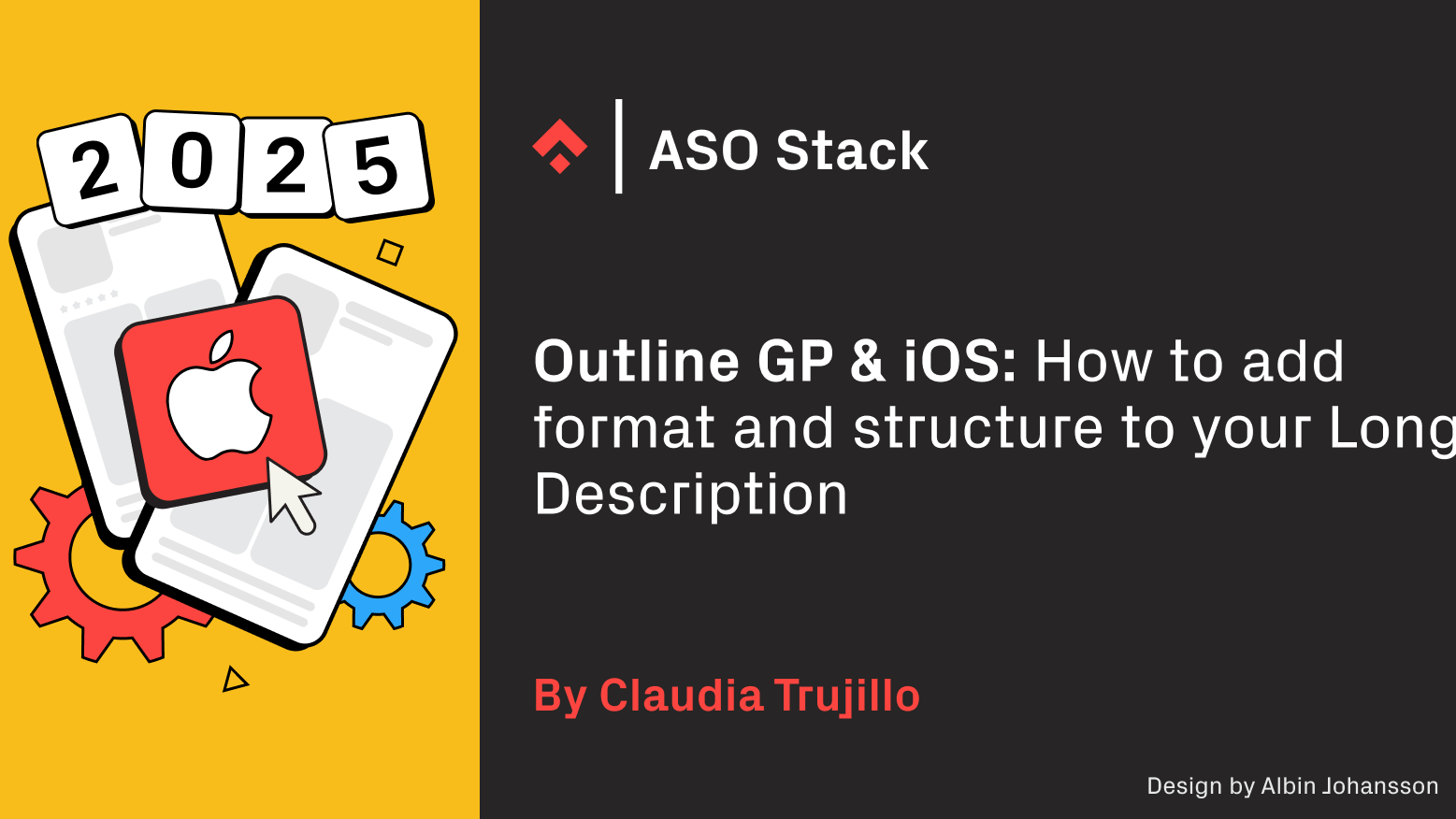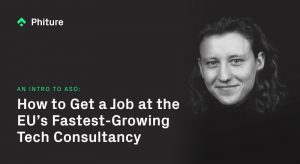
Growth is at the core of Phiture’s DNA. It’s a key part of our culture and what drives our learning and development. Our work anniversaries are important, as they’re an opportunity to reflect on the past year and celebrate individual progress.
We recently sat down with Tom Farrar, our ASO Consultant, to get his insights on growth within ASO. December 7th marks his one year anniversary at Phiture, so we were keen to hear what he’s learned so far.
Tell us a bit about yourself and how your work journey began.
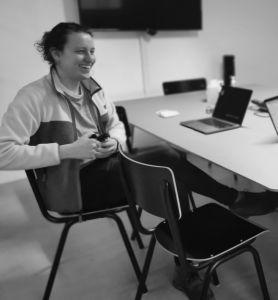 I came to Berlin about three years ago, having worked in London for Deliveroo as a Market Launcher. It was an extremely fast-moving digital product and a brilliant insight into how progressive apps are, in terms of how they look after their employees and how connected everyone can feel in building a tool together.
I came to Berlin about three years ago, having worked in London for Deliveroo as a Market Launcher. It was an extremely fast-moving digital product and a brilliant insight into how progressive apps are, in terms of how they look after their employees and how connected everyone can feel in building a tool together.
When the internship was over, I went back to Newcastle to finish my degree in Marketing and Management, but by then I already knew that I wanted to work in a startup environment.
What made you want to work for a startup?
When I was working at Deliveroo, it was at the forefront of the British startup movement. In the first half of 2017, it was already at Unicorn status but it still felt very young despite this mass global spread. What’s different about Deliveroo from a standard food delivery service is that there’s a tech element to it; their process of idea to execution was excellent and it was really exciting seeing how fast these things can move. I soon began to realize that in a startup you can drive a huge impact in a relatively short amount of time.
Having had that experience in London, I saw friends going after corporate jobs that seemed somehow clunky and slow compared to startups, where you’ve got more competitive salaries, get to work with younger, more adaptable people and the social diversity is typically greater. These things mattered and moving into the startup space seemed like a no-brainer.
What was your first job?
I worked at Blinkist, a Berlin-based startup and a really cool company. Their app highlights key information on non-fiction books. It doesn’t try and replace books, instead, it taps into what the book is really saying by identifying its key points. I worked there for about two years in the Performance Marketing team and it couldn’t have been a better place to start — it was a really positive, forward-thinking environment.
What made you move from Performance Marketing to ASO?
The incentive was to gain more insights into how different startups and apps work. Being part of an agency is a real benefit, as you get to experience how different teams around the world spend their budget to scale and achieve sustainable, yet efficient growth.
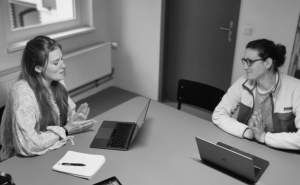
What is ASO?
ASO is all about figuring out how to get any app to the top of the App Store rankings. It essentially comes down to a lot of testing across different markets in order to understand the app’s core impact and value proposition in recognition of competitors and market norms.
One way to do this is to ensure an app is featured as much as possible. For example, if it’s a sports app and there’s a live event going on, the app could be featured more in the App Store, so that more people are aware that the app exists and also that it’s hosting an event.
Typically, it can take about three months until the impact of ASO starts to take effect. This is primarily from the large amount of testing through visuals or written changes, like the metadata, or what people are searching for and understanding competitors from related app suggestions.
It’s important to remember that the App Store is constantly changing through algorithm tweaks and competitors continually optimizing their apps and presence. Keeping on top of these is the biggest secret to ensuring your app is towards the top of the rankings.
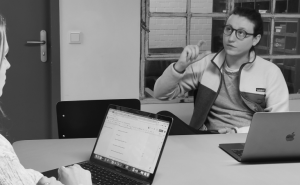
How is ASO different from SEO?
If ASO is how to get your app to the top of the App Store, then SEO is how to get your site to the top of the search engine. ASO is about making your app stand out from the rest. It’s similar to SEO but instead, you’re looking at app specifics and stores, rather than search engines. ASO comprises of many different tests that are different to SEO — namely images, videos and icons. There are generally more assets to test, manipulate, understand and tweak to make right across all markets an app is active in.
From a marketer’s perspective, this is particularly interesting because you gain insights into what works for each asset across different markets. You learn what features people are interested in and search for. In a nutshell, ASO is primarily about discovering what customers want and how that can help to shape the app.
How has your background in Performance Marketing helped with ASO?
In both Performance Marketing and ASO, data is the most valuable currency that we have. When you have accurate data, you can identify what needs to change.
My background in Performance Marketing definitely fast-tracked my understanding of ASO. I learned that even though it’s a creative space, decisions are always data-driven.
What have you learned since working in ASO?
With ASO, you start to understand how much the testing can shape how the product looks. You can test different assets easily and an unsuccessful test won’t cost you anything, unlike in Performance Marketing.
There are also many different touchpoints with stakeholders; you’ll be collaborating with the Marketing team but also designers and copywriters. You’ll also be in touch with people working directly on the app — be that from a marketing, growth or in-house product perspective.
In an ASO consultant’s role, there’s so much exposure to how all the different pieces come together in order to make an app work and make it successful. For personal development, this is invaluable, especially when you take into account that we’re working with different organizations around the world.
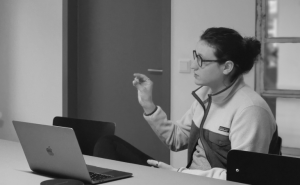
What do you think makes Phiture a leading consultancy for ASO?
We’re extremely fast to adapt to anything that changes in the app stores. If there’s an algorithm change or a new product release like in-app events, then within weeks we start not only testing with clients but we write articles too. We feed back into the global app space so that other apps can benefit from these changes. It’s all part of our shared learning platform; sharing learnings from client to client, but also sharing new knowledge outside of the organization.
What advice would you give to anyone interested in working in ASO?
The starting point is to hone into the importance of A/B testing and understand the basics. Then start thinking analytically when it comes to data, just to really improve your understanding. It’s a fundamental part of what clients expect and what Phiture does.
It’s important to remember that ASO is quite a new concept since the industry is still relatively new, so it’s a great time to learn. You’ll get a foundation in so many different areas as the work is so varied, and if you work at an agency, your portfolio will match this diversity.
Interested in ASO for your app? Get in touch.
You can find out about ASO Consultant and other job opportunities at Phiture here.
Interested in growing your app or becoming a Phiturian? We want to hear from you. Contact us by sending an email to [email protected].



